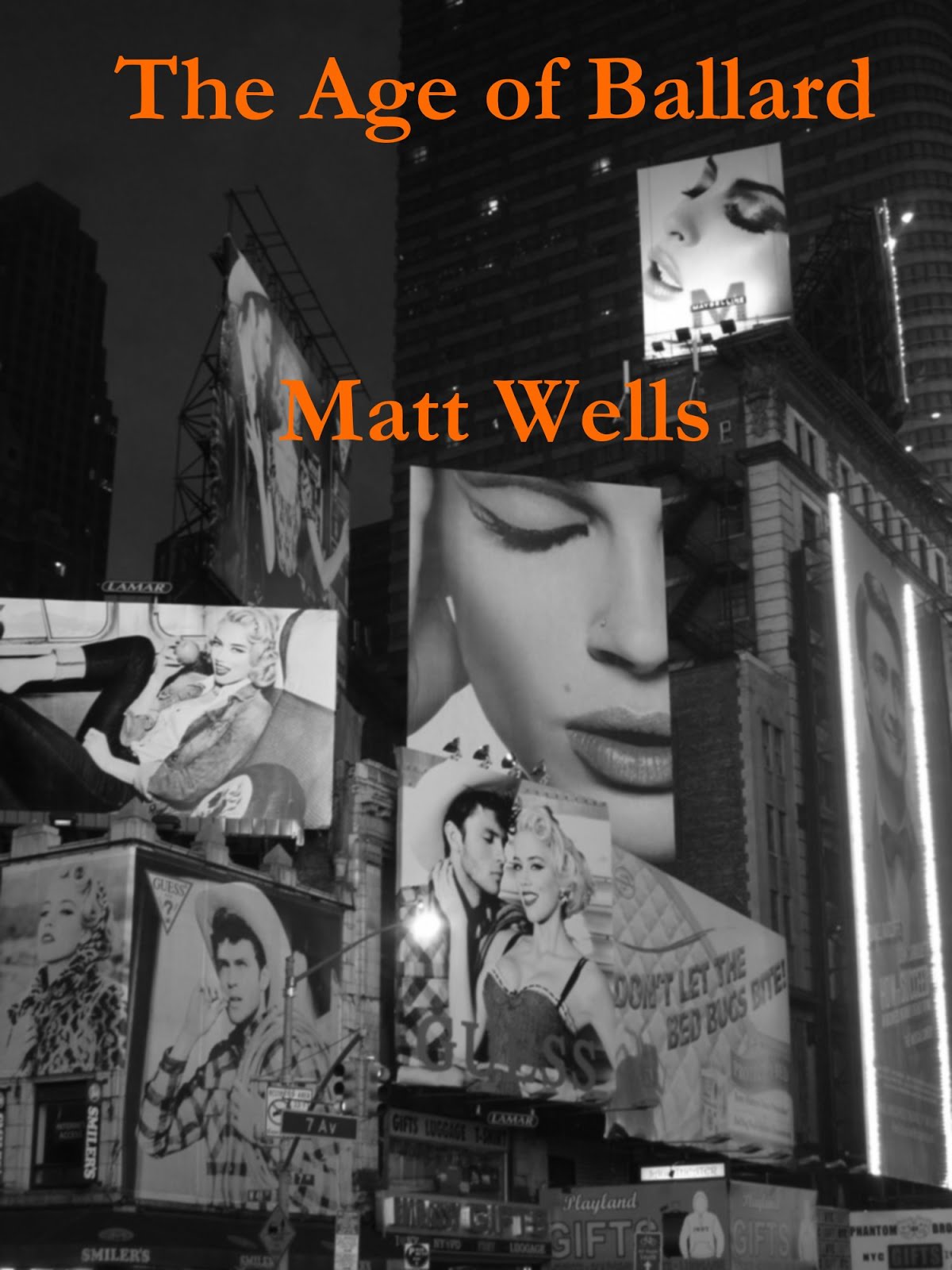[Sidebar: we won’t even go into the amount of prior knowledge you need to enjoy or even grasp current mainstream superhero comics. Suffice it to say that the fan fiction factory that is DC and the event-driven online-game-in-pamphlet-form universe that is Marvel are both prime examples of stories and characters which require Wikipedia entries to bring new readers up to speed.]
What brings this topic to mind today is the fact that I saw the dance piece Decreation by William Forsythe at BAM last night, and nowhere is it mentioned in the program or the online description that Forsythe based the piece on an outside source.
Here’s the entire description from the program:
In Decreation, all communication is mediated, detoured, in a seamless flow of configuration and displacement as the piece re-forms itself continually around three questions. Sound is transformed, weeps, and soars through bodies that move in constant, oblique tension. Dialogues, characters, and physical commands migrate between the dancers; a rapid, slithering switch from body to body as the piece unfolds in a labyrinth of deformation, tenderness, and rage.
Now I don’t know about you, but to my mind, those three sentences were written by a publicist who couldn’t actually admit he didn’t understand what the hell was happening on stage, and wound up using as many buzz words as possible to make the piece sound fluid, focused, and intelligible. When what was really needed was this:
Decreation is William Forsythe’s creative response to the essay "Decreation: How Women Like Sappho, Marguerite Porete and Simone Weil Tell God," by the poet Anne Carson, in which Carson compares the work and lives of three women -- the ancient Greek poet Sappho, the 14th-century martyr Marguerite Porete, and the philosopher Simone Weil. [PUBLICIST’S NOTE: Insert brief description of essay here so we know what the hell is going on.]

"I have to read what to see what now?"
So how did I discover this Anne Carson connection? I did a quick internet search this morning when I got into work, just to see if there was anybody besides my friend Deej who had reviewed this

"Please complete reading list before viewing."
And actually? All that research still won’t do you a damn bit of good because the entire evening is a cross between “I wish somebody intelligent had written the script,” “Oh my God, look what they’re doing to their bodies!” and that wonderful number from Evil Dead: The Musical, “What the fuck was that?” If I had to sum up the 65 minute show, and not go on too much about how it felt like three hours, I would say the word "jerky" applies, in all three of its meanings: (1) the physical action of the dancers, (2) the annoying dorkiness of the spoken sections, and (3) a dried out petrified piece of meat that has to be chewed on forever before you can either taste or digest it. To me, it felt like the dancing equivalent of "No Soap Radio" -- you have to pretend to get it or else you'll look stupid.
And on a personal level? Given my propensity for writing things that require footnotes to their footnotes? It was a nice little wake up call to keep things simple and straightforward, and to make sure that everything you need to know is part of the piece itself, and not something that requires either a doctorate degree or a storage space full of reference books.

I am Matthew's target audience.



3 comments:
"the online-game-in-pamphlet-form universe that is Marvel"
HA!!
Did you see Brantley pan Law's Hamlet?
http://theater2.nytimes.com/2009/10/07/theater/reviews/07hamlet.html
I don’t read program notes. I believe that if the director/producer/writer has to explain in the program, s/he hasn't succeeded. I believe this because when I used to read program notes, even the good productions did not accomplish what their creators insisted they intended. I also have not read Anne Carson. What I did do was sit and watch this "thingy," ready and willing to enjoy it, to allow Mr. Forsythe and company to lead me wherever. Unfortunately, I was left hanging nowhere. So now, I could just feel dumb for not having made the obscure connections that fellow in Sadler’s Wells did. But really, if Mr. Forsythe and whoever wrote the "script" wanted me to get Sappho, Marguerite Porete, and Simone Weil out of the evening, they would have had to have given me a different evening.
Wow. I shared your view of the piece (or a slight variation; I loved the choreography but also really hated the dialogue). I'm also a huge Anne Carson fan, including Decreation, but didn't notice any connection between the two.
In fact, I think program notes would have annoyed me, because I would have seen that awful dialogue (which is nowhere to be found in the Anne Carson Decreation, BTW) as a corruption of the original.
Still, that seance thing was awesome.
Post a Comment